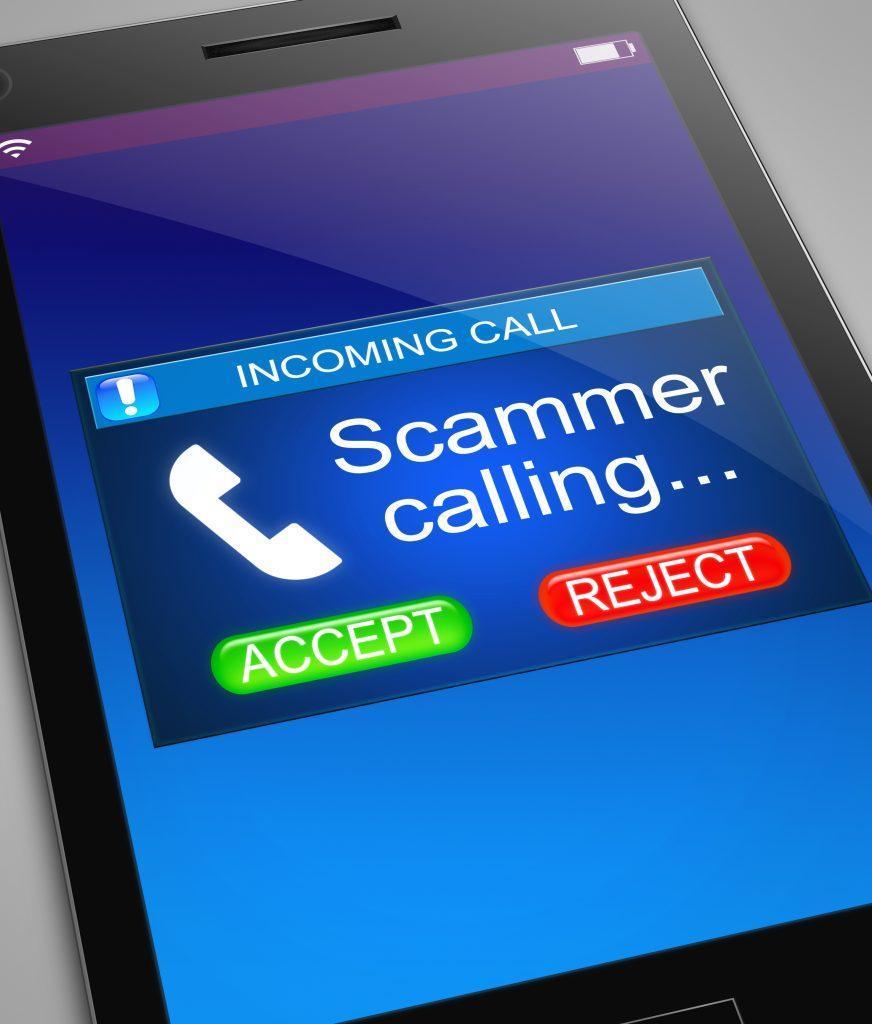Updated 6/30/2021
We’ve received many comments below regarding automated fraud detection calls. With the rise in phone scams, understandably so, many of you are cautious when receiving these calls (and that’s great!). But how do you know if a call is a scam, or legitimate?
Many credit unions, banks, and other card companies, including HFS FCU utilize automated fraud detection services to continuously monitor our member’s accounts for potential fraudulent activity. As a consumer, it’s your responsibility to remain vigilant and protect your sensitive information like card number, PIN, etc. It’s important to listen for questions that seem suspicious or unnecessary, even if the caller is claiming to be be from your financial institution. With the rise in phone scams, it’s more important than ever to be cautious.
Important Reminder: Phone numbers can be spoofed. Call Spoofing is when a fraudster calls and replaces their phone number with another business or organizations number to be displayed on your device. And unfortunately, there’s nothing that can be done to stop them. Although many of our commenters have inquired on the legitimacy of the phone numbers they’ve received calls from, it is most important to still remain cautious. If ever in doubt, simply hang up and call the credit union directly at (808) 930-1400 (not by hitting redial).
For more fraud and security tips, check out our other educational blog posts or our security center.
This holiday season has seen a dramatic increase in scam phone calls, with scammers becoming more sophisticated. Some of the common calls include auto warranty scams and IRS scams claiming you will be arrested if you don’t pay what you owe. A lot of us know not to answer phone calls that come from other states or even countries if we don’t recognize the number, but these scam calls are now even using an 808 area code and can even call using a number similar to your own or similar to a friend or family’s number, making it hard to recognize which calls can be answered.
As a general rule of thumb, if you don’t know the phone number you should let it go to voicemail. I always say if it’s important they’ll leave a message, and that’s how I’ll know if the call was legitimate or not. If by chance you did answer the phone, do not say “yes”! There are scammers that record your voice when you answer and try to get you to say the word “yes”. They then can use the recording of your voice to say that you agreed to sign up for some kind of service, etc that can cost you money and headaches after the fact. However, to be safe, let it go to voicemail and save yourself the frustration during this holiday season.
Take a look at this article from Hawaii News Now for more information!

